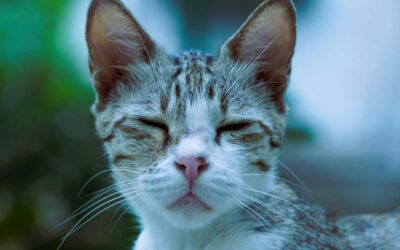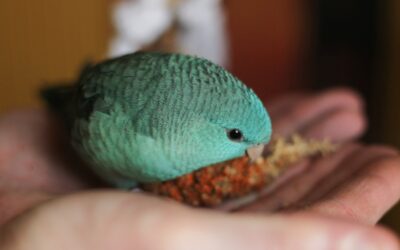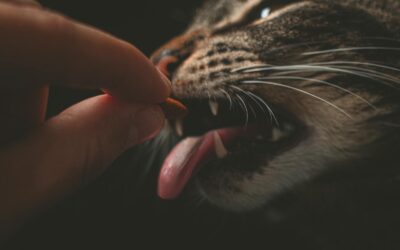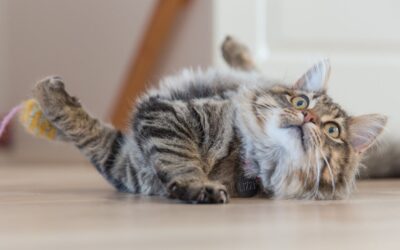Have you ever wondered, why does my cat lick me so much?
Many cat owners know that their feline friends are full of quirks, and licking is one of them. If your cat licks you often, you might be wondering why they do it.
Is it a sign of affection, or is there something more that you need to know? In this blog, we’ll explore the reasons why your cat licks you, the possible meanings behind your cat’s licking, and what you can do to encourage or discourage it.
Affection
Many pet parents believe that their cats lick them as a sign of love and affection. Cats may show their fondness for their owners using a variety of ways, including cuddling, purring, and rubbing against their legs, but licking is another way for them to demonstrate their attachment.
Similar to how humans show affection through hugging or kissing, cats show love by licking their owners, releasing endorphins that provide feelings of comfort and pleasure for both the cat and the owner.

Grooming
Licking isn’t just a way to form a connection with you – it’s also a common behavior called grooming. A cat grooms themselves to keep their fur clean and shiny and rid themselves of any dirt.
When they lick you, they’re transferring some of their habits onto you. So, if you find your cat licking you, it might be because they see you as a member of their family.
Marking Territory
Another possible reason why a cat may lick their parents is to mark their territory. A cat’s tongue has scent glands, and when a cat starts licking you, they’re leaving their scent on your skin.
This is their way of claiming you as their own, much like they would rub against furniture or wall corners to leave their mark. If your cat licks you around the face, it could also be a sign that they want to be seen as your protector – they’re marking you with their scent to ward off potential threats.
Stress and Anxiety
Sometimes, when a cat licks their owner excessively it can be a sign they are stressed or anxious. This is particularly true for cats that have separation anxiety or kittens that were taken away from their mother cats too early.
Licking provides cats with a form of self-soothing, and they might turn to it when they feel anxious or overwhelmed. This type of licking can lead to potential risks such as bald spots or skin irritation, so it’s important to observe the behavior and seek help from a veterinarian or behaviorist if necessary.
Attention Seeking
Like most pets, cats love attention, and one reason why a cat licks their owner is because it may be tone of the ways cats seek that attention . If your cat licks you and you respond positively, they’ll see it as a way to get your attention and affection.
This could easily turn into a habit, and your cat might start licking you more often. Similarly, if your cat licks you and you push them away or respond negatively, they might still view it as a way to get attention, albeit not in the way that you’d like.
Health Issues
In some cases, excessive licking could be a sign of an underlying health issue. For example, cats with skin allergies might lick themselves more often to soothe the itchiness.
If you notice bald patches on your cat’s skin, or if they’re excessively grooming one particular area of their body, it could be a sign of a more serious issue which will be mentioned below. Additionally, cats that are dehydrated or have kidney problems might lick their owners more often as a way to get fluids.
Should I Be Worried About My Cat Licking?
If your cat is licking itself more often than usual, it could be a sign of an underlying health issue. For example:
- Open wound
- Anxiety
- Allergies
- Skin irritation
- Dehydration or Kidney problems
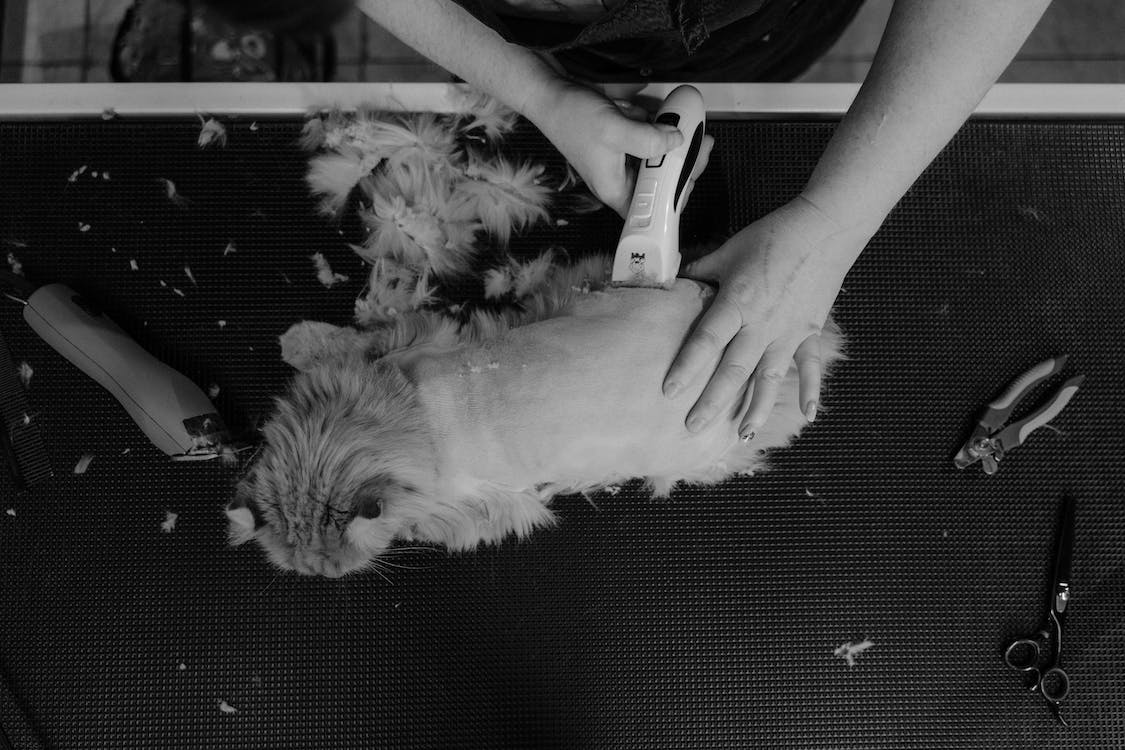
Why Do Cats Lick Other Cats and Animals?
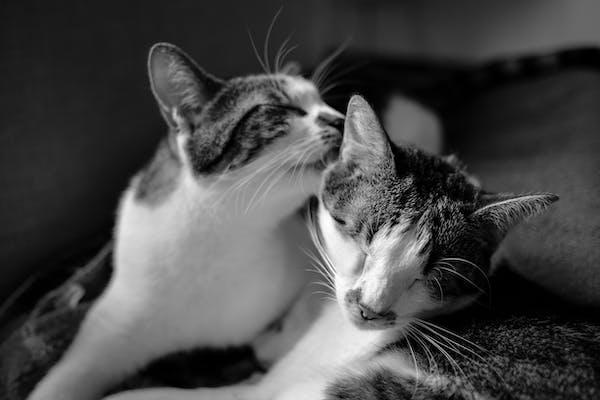
You guessed it! Just like when licking their parents, cats may lick other cats for some of the same reasons!
Grooming
Cats are known for their grooming behavior, and licking plays a significant role in this. When cats lick themselves, it helps to keep their fur clean and untangled, distribute oils from their skin, and stimulate blood flow.
When they turn to other cats or animals, they might just be extending this behavior. Your cat may see other animals as part of its family or group, and so it tries to groom them to show affection or establish a social bond.
Marking Territory
As mentioned in the ‘Why Does My Cat Lick Me So Much’ section, cats contain scent glands on their tongue and mouth, so when they lick another animal, they are leaving their scent on the other animal.
Licking another animal helps to establish their dominance and territorial boundaries. If your cat is licking another animal excessively, it may be indicating a territorial dispute or trying to assert its dominance.
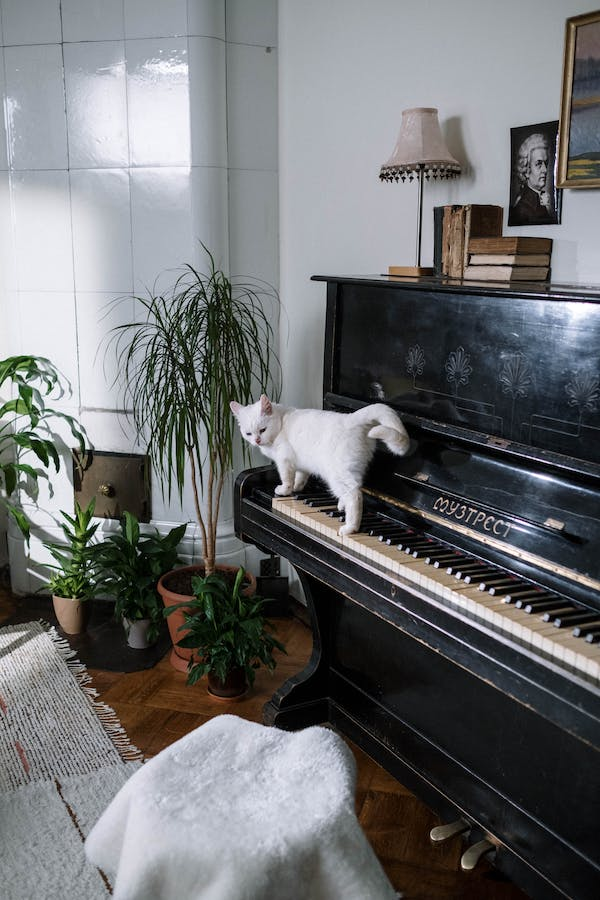
Social Bonding
Cats are social animals, and they need companionship and affection to maintain their mental and emotional well-being. Licking other animals is one way that cats try to establish social bonding and strengthen their relationships with animals.

The act of grooming each other can help to release endorphins. That induces a feeling of calmness and relaxation, reducing stress levels for both the licker and the licked.
Health Concerns
While licking other animals is generally safe and natural for cats, it’s important to note some health concerns. Licking can pass along diseases between animals, especially if one animal is already sick.
Also, excessive licking can lead to digestive problems, hairballs, or skin irritation. As a pet owner, it’s best to keep an eye on your cat’s behavior and take appropriate steps if necessary and call a vet if needed.
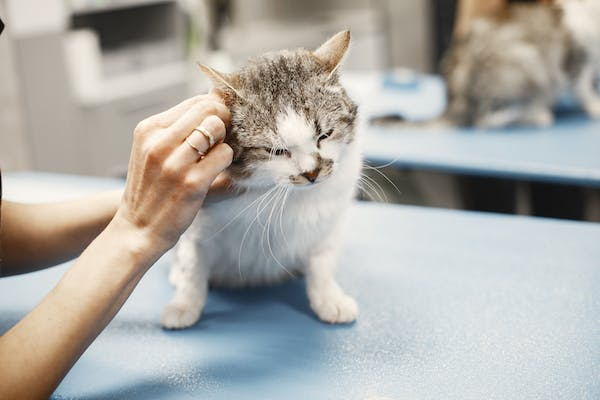
How Do I Stop My Cat From Licking Other Animals Excessively?
If your cat is excessively licking other animals, you can take some steps to manage the behavior. First, ensure that all your animals are up-to-date with their vaccinations and check them regularly for any signs of illness.
If your cat is territorial and aggressive towards other animals, try to keep them separate or provide them with their own space. Give your cat enough attention and affection to reduce the need for excessive grooming behavior.
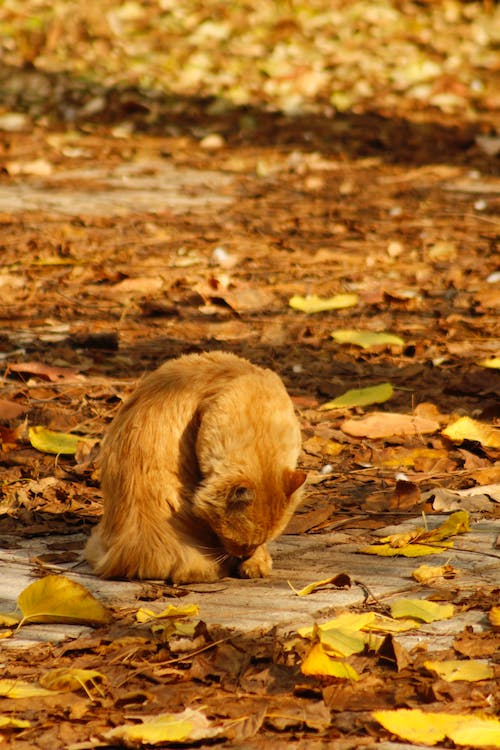
How Do I Stop My Cat From Licking Me Excessively?
Negative Reinforcement
Negative reinforcement is a method of training your cat that involves discouraging bad behavior by introducing an unpleasant consequence. When your cat begins to lick you, you can give a sharp “no” or use a loud noise such as a clap to indicate that licking is not acceptable.
Your cat will begin to associate licking with the unpleasant consequence. Overtime they will stop the behavior!

Distract Your Cat
Cats have a short attention span, and it’s easy to distract them. When you notice your cat getting ready to lick you, distract them with a toy or a piece of string. This will take their focus away from licking and onto something else.
Positive Reinforcement
Positive reinforcement is a method of training that involves rewarding your cat for good behavior. When your cat refrains from licking you, reward them with treats, cat toys, or playtime. Your cat will begin to associate good behavior with positive consequences, and they will be more likely to refrain from licking.
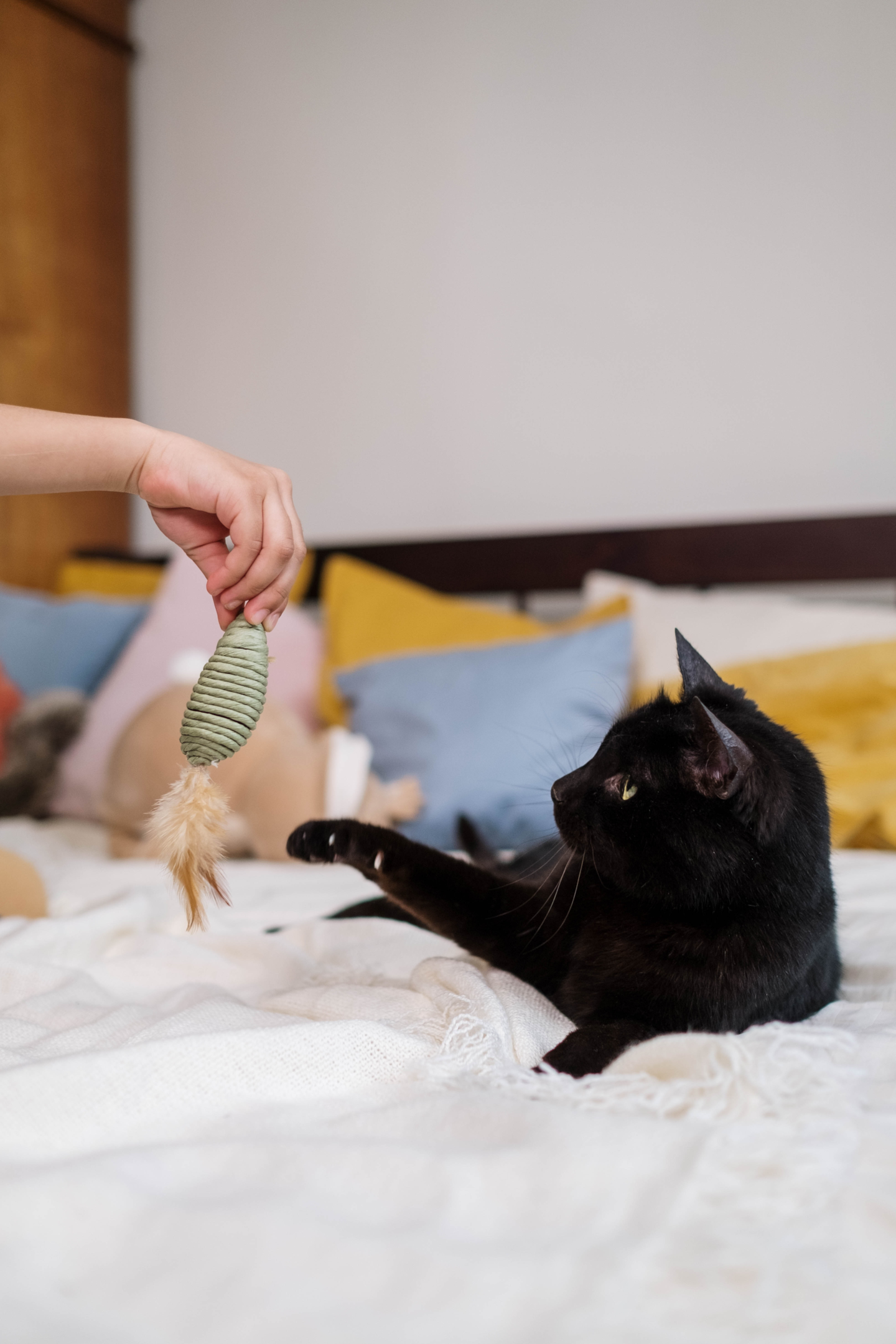
Be Mindful of Body Language
Often, cats lick their owners to show affection. However, if you’re not in the mood for a lick, be mindful of your body language. Avoid giving off affectionate signals like patting your lap or rubbing your cat’s head. If your cat still tries to lick you, use negative or positive reinforcement to train them to stop.
Use Bitter Spray
Cats hate the taste of bitter sprays. If you don’t want to use negative reinforcement or distract your cat, spray a bitter spray on areas where your cat tends to lick you. Eventually, your cat will associate the bad taste with licking, and they will stop.
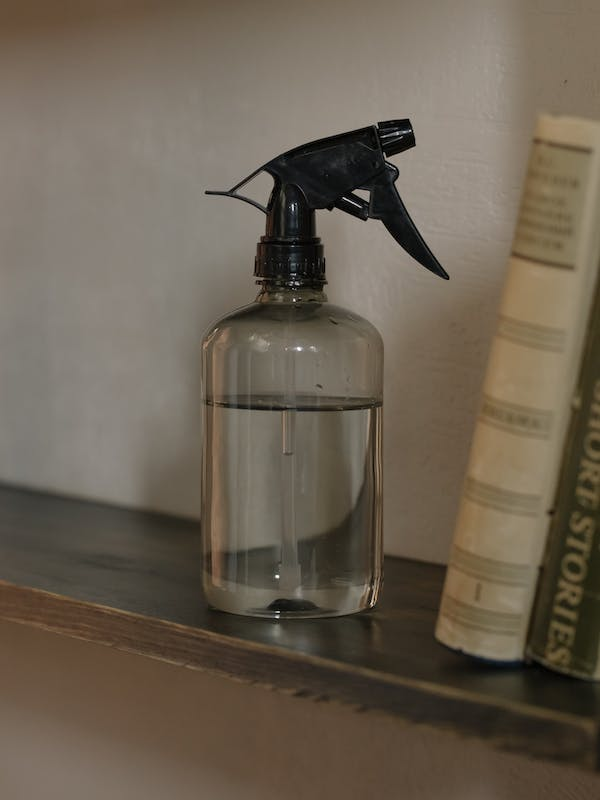
Conclusion
In conclusion, there are many reasons why cats lick their owners, and the truth is likely to be a combination of several factors. The good news is that as long as the licking behavior seems to be normal and isn’t causing any harm, there’s no need to discourage it; if anything, you can enjoy the affection your cat is showing you.
However, if you’re concerned about the behavior, or if it’s causing issues such as hairballs or skin irritations, it’s worth learning more about the issue and seeking help from a professional. Remember – understanding your cat’s behavior is the key to having a happy and healthy relationship with them.

Kate’s K9 Pet Care
We know how much you love your pets. Kates K9 Pet Care services Alexandria VA, Arlington VA, Fort Washington MD, National Harbor/Oxon Hill, Springfield VA, or Waldorf MD. Reach out to our team of highly trained pet care professionals for all your pet sitting needs and schedule a delivery for all your pet care needs! Call us at (703) 397-3838 or email us at info@katesk9petcare.com.


